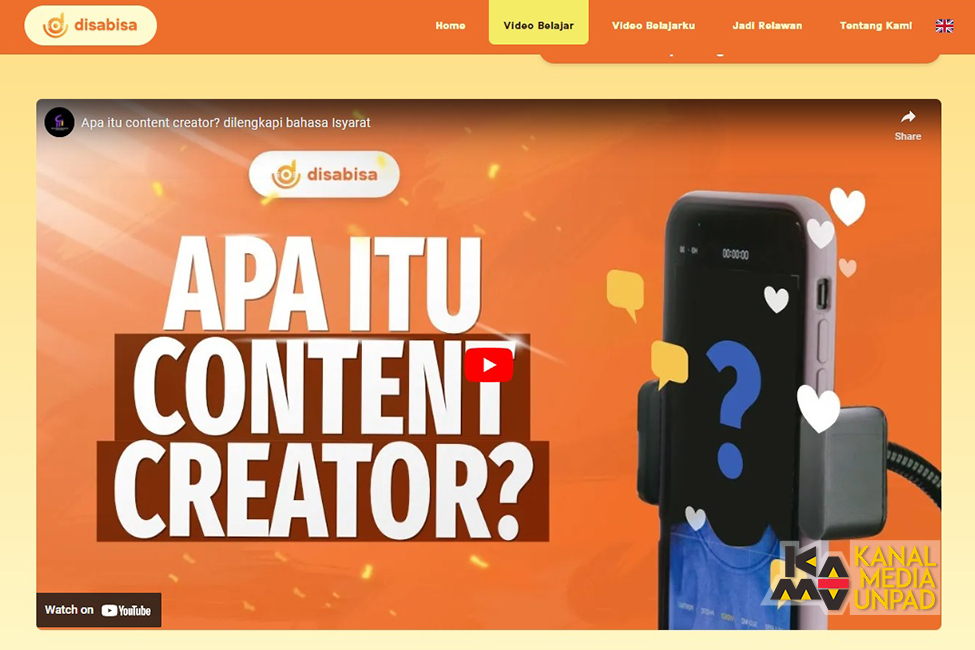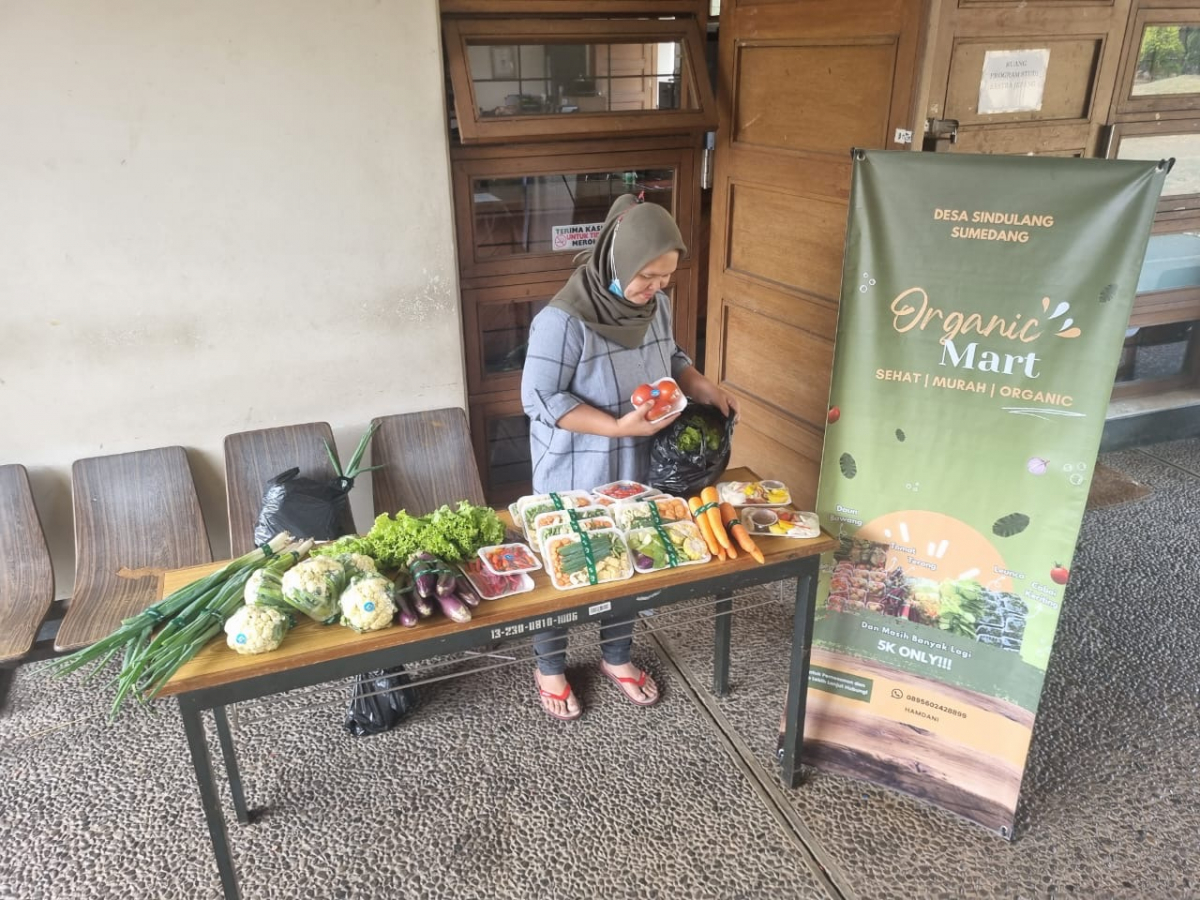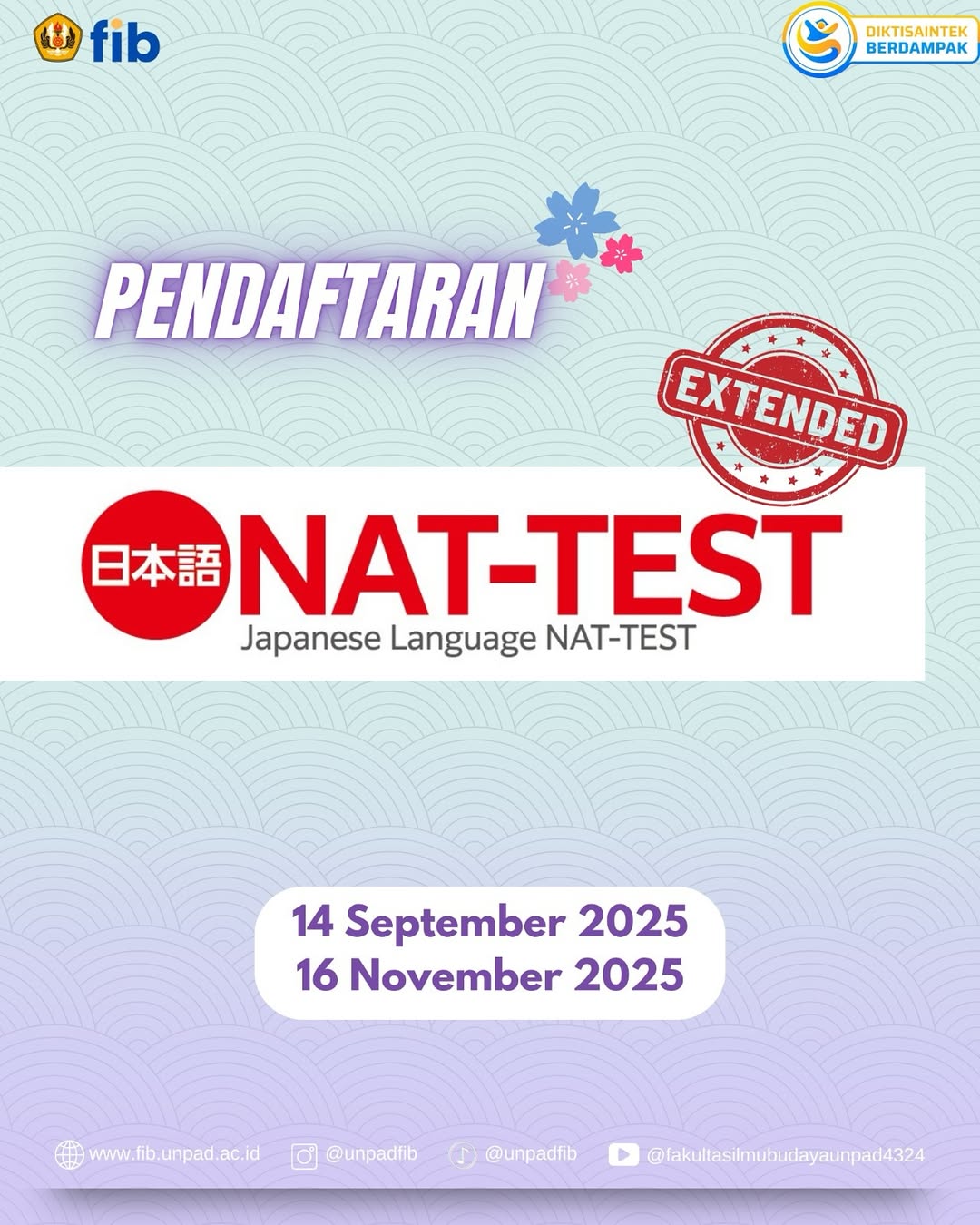
“Disabisa”: A Platform to Improve Communication Skills of Persons with Disabilities Created by Unpad
Jatinangor, 26 January 2023 — Universitas Padjadjaran launched the Disabisa website to help people with disabilities improve their communication skills. Disabisa is a communication learning site initiated by the collaboration of the Faculty of Communication Sciences with the Center for Teaching and Learning Innovation (Pusat Inovasi Pengajaran dan Pembelajaran) of Universitas Padjadjaran, with the support of the Directorate General of Higher Education (Ditjen Dikti). Various faculties, including the Faculty of Cultural Sciences (FIB), also support the learning site.
This learning innovation was initiated and managed by four Fikom Unpad lecturers, namely Dr. Ira Mirawati, M.Si., Putri Limilia, M.Si., Jimi Narotama Mahameruaji, M.Si., and Dr. Herlina Agustin, M.T.
According to Disabisa’s official website, there are several objectives and outcomes to be accomplished from this initiative. These objectives and outcomes are:
Make our fellow visually and physically disabled friends acquainted with their potential to become powerful speakers.
Help our fellow visually and physically disabled friends discover their strengths.
Guide our fellow visually and physically disabled friends to practice preparing public speaking materials.
Guide our fellow visually and physically disabled friends to practice their vocal exercises.
Guide our fellow visually and physically disabled friends to practice using the power of nonverbal language.
Guide our fellow visually and physically disabled friends to practice opening and closing in their speeches interstingly.
In addition to targeting people with visual and physical disabilities, Disabisa is now also targeting deaf people.
Recently, Disabisa launched a training video series “Becoming a Social Media Content Creator for Friends with Deaf Disabilities” (“Menjadi Kreator Konten Media Sosial bagi Teman Disabilitas Rungu”). This training video series is the second program from Disabisa Unpad. Previously, another training video series was launched by Disabisa in 2021, which is the training video series “Public Speaking for People with Visual and Physical Disabilities” (“Public Speaking bagi Disabilitas Netra dan Disabilitas Daksa”).
Learn How to Create Content Independently
Managing Director of Disabisa Unpad, Dr. Ira Mirawati, M.Si., said that the launch of the video series on Disabisa Unpad’s official website was carried out to provide opportunities for friends with hearing disabilities to learn independently using devices anywhere and anytime. To make it easier for friends with disabilities to learn, the videos are equipped with sign language and text.
Ira said that they can earn income as content creators by gaining this social media content creation skills aside of having the opportunity to express their ideas.
Series of Materials
The series of materials provided in the video series include:
Introduction to the profession of content creator
Basic content creator skills
Finding ideas for content
Photo lighting
Photo and image composition
Photography and videography with smart phones
Simple video editing
How to earn money from social media
Easily Learnt by the General Public
The materials presented on the Disabisa website are specifically for people with hearing disabilities, but do not close the possibility for the general public who are interested in learning. Disabisa can be accessed at https://disabisa.unpad.ac.id/.
Ira previously mentioned that public speaking is often a challenge for many people, including for people with disabilities. However, with overcoming this difficulty, the ability to speak in public in fact has a positive impact on people with disabilities because it also improves their quality of life.
Therefore, Unpad developed the Disabisa website. Disabisa is here to help friends with disabilities find, explore, and practice their public speaking skills.
“If they have the ability to communicate with others, they will have the ability to be a proficient presenter,” Ira concluded.
Writer: Yohanes William Ivakdalam
Translator: Firda Khoirunnisa




